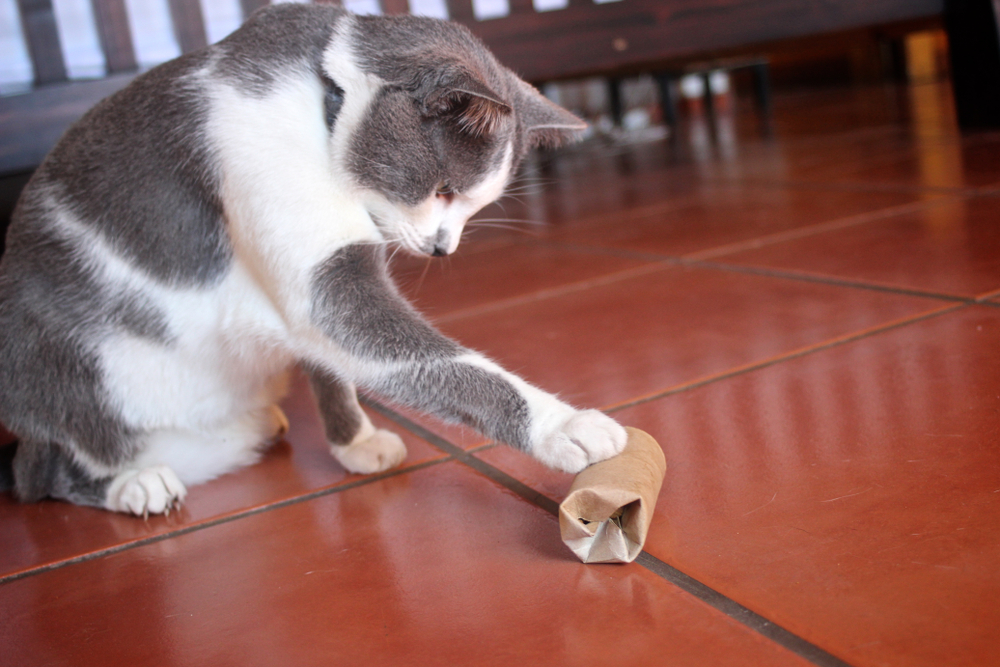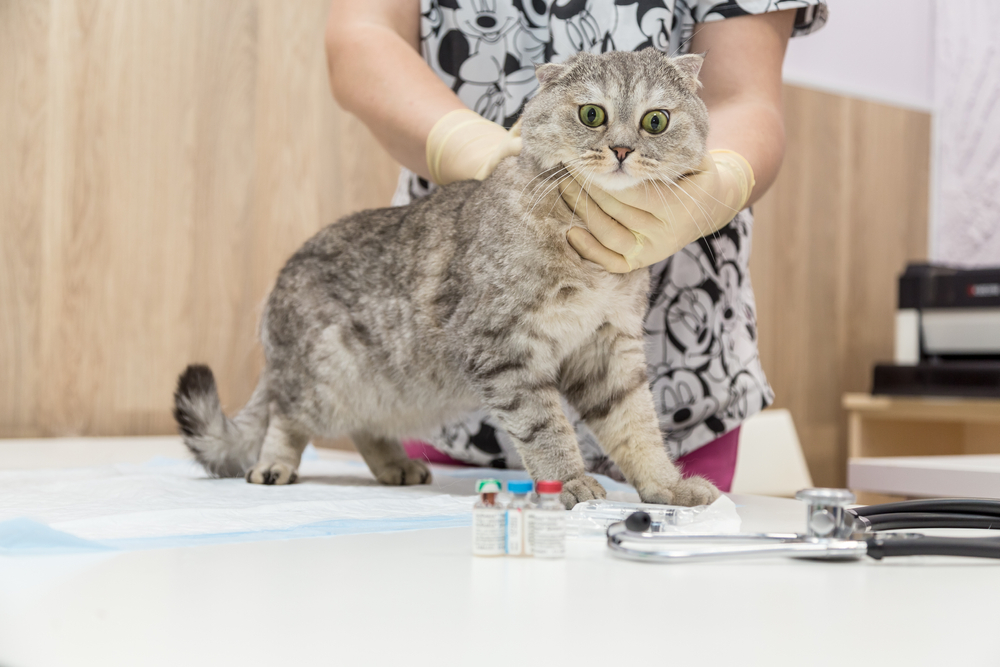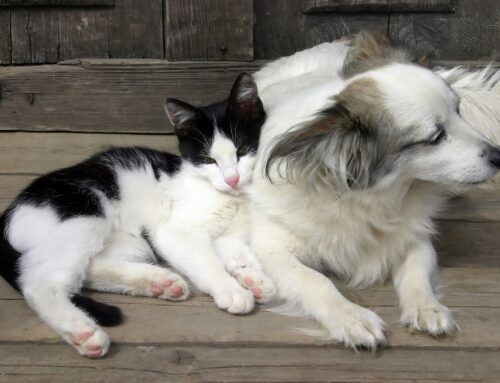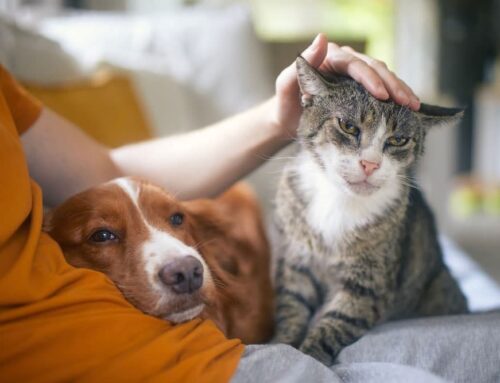Stress now seems like a worldwide plague. People pack their schedules, and have less time to relax and rejuvenate, which affects their general wellbeing and can permeate their home environment. Unfortunately, their sensitive felines can pick up on their stress, in addition to their own stressors, and more than the cat’s mood is affected—stress can also play a significant role in your cat’s physical health. Mobile Cat & Dog Vet wants to help reduce your pet’s stress.
By learning to identify your cat’s subtle stress signals, you can also learn the steps necessary to reduce their tension. Alleviating your cat’s stress will not only help them feel better, but will also improve their immune system and help them fight off illness. If your cat is a senior, being able to identify and manage environmental stress is essential during their golden years.
Stress signals in cats
Cats are pros at hiding signs of pain, illness, and stress, so spotting anxiety in your feline friend can be a challenge. Pay close attention to your cat’s behavior and habits to detect the following stress signals:
- Overgrooming
- Hiding
- Aggression (e.g., hissing, growling, arching their back)
- Clinginess
- Excessive vocalization
- Inappropriate elimination
- Aimless pacing
- Changes in appetite
- Eating inedible items
- Excessive sleeping
- Weight changes
- Diarrhea
- Vomiting
Chronic health issues, such as upper respiratory problems and gastrointestinal (GI) disorders, that continue to get worse can also indicate that your cat is stressed .
Causes of stress in cats
Despite cats’ tough, self-sufficient front, they are delicate creatures subject to many stressors, including:
- Change — Changes in family structure, routine, and the home (e.g., the furniture layout) can upset a cat.
- Unsanitary litter boxes — Litter boxes can be extremely problematic for cats, with dirty litter boxes and incorrectly placed boxes (e.g., in busy living areas or next to noisy appliances) causing significant distress.
- Bullying — Bullying from other household cats or pets can create a great deal of stress, and result in missed meals or litter box avoidance.
- Loud noises — Many loud household activities, such as vacuuming to renovations and construction, can stress your cat, so monitor them closely for their noise comfort level.
- Excessive or inappropriate handling — Children often handle pets too roughly, or continue to handle your cat long after they show they want no more petting. This is stressful for cats, and your children must learn to respect their pets’ boundaries.
- Boredom — Bored cats are often stressed cats and you must ensure they receive environmental enrichment and interaction.
- Cognitive dysfunction — Senior cats who suffer from a decline in cognitive function can become stressed when they fail to recognize familiar people, or to remember the location of their food, water, and litter boxes.
- Chronic pain or illness — Living in constant pain or with a chronic illness can take a significant toll on your cat’s mental health, especially since cats strive to hide any weaknesses.
- Veterinary visits — Being stuffed into a cat carrier, jostled during the car ride, and examined in a strange place by strange people is a recipe for severe stress for cats.
Managing stress in cats

Because stress has many serious effects in a cat, from inappropriate elimination to a weakened immune system, management is essential for good health. Depending on the contributing factors, the following methods may help alleviate your cat’s stress:
- Keeping a regular routine — Strive to keep your cat’s routine the same every day, and implement any necessary changes slowly.
- Practicing good litter box hygiene — Scoop your cat’s litter boxes twice per day and clean and disinfect them weekly. Additionally, ensure your cat has multiple, easily accessible litter boxes.
- Teaching children feline-friendly interactions — Instruct every family member and request that all visitors interact appropriately with your cat. If your cat is sociable and outgoing, they will likely enjoy being petted or curling up on someone’s lap, but a more aloof cat may tolerate only minimal petting before becoming stressed and running off.
- Boosting environmental enrichment — Environmental enrichment involves allowing your cat to display their natural behaviors, such as climbing, hiding, hunting, and scratching. Install scratching posts in different textures, ensuring they are large and sturdy and will remain stable when your cat stretches out. Place a combination climbing and scratching tower near a window where your cat can watch birds and squirrels.
- Managing chronic disease — Chronic diseases, like kidney failure or diabetes, can make your cat miserable, but appropriate management can provide years of good quality of life. Your veterinarian can determine if a change in treatment can help improve chronic problems such as nausea or excessive urination.
- Using a mobile veterinarian — A veterinarian, like our Dr. Libby, who comes to your home to care for your senior cat, can alleviate the stress associated with visiting a veterinary hospital.
Managing your senior cat’s stress is critical for their health. Chronic disease can take a toll on their emotional and mental state, so consider supporting their total-body health with our customized geriatric health care plans. Give our Mobile Cat & Dog Vet team a call to schedule your pet’s appointment in the comfort of home—which will alleviate their stress most of all








Leave A Comment